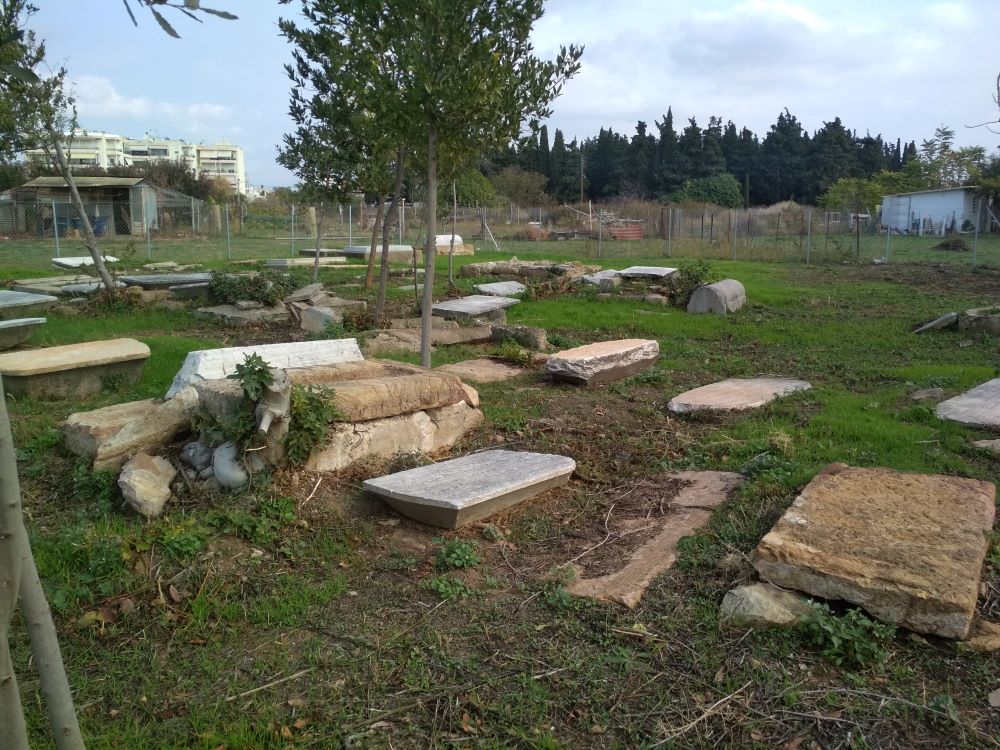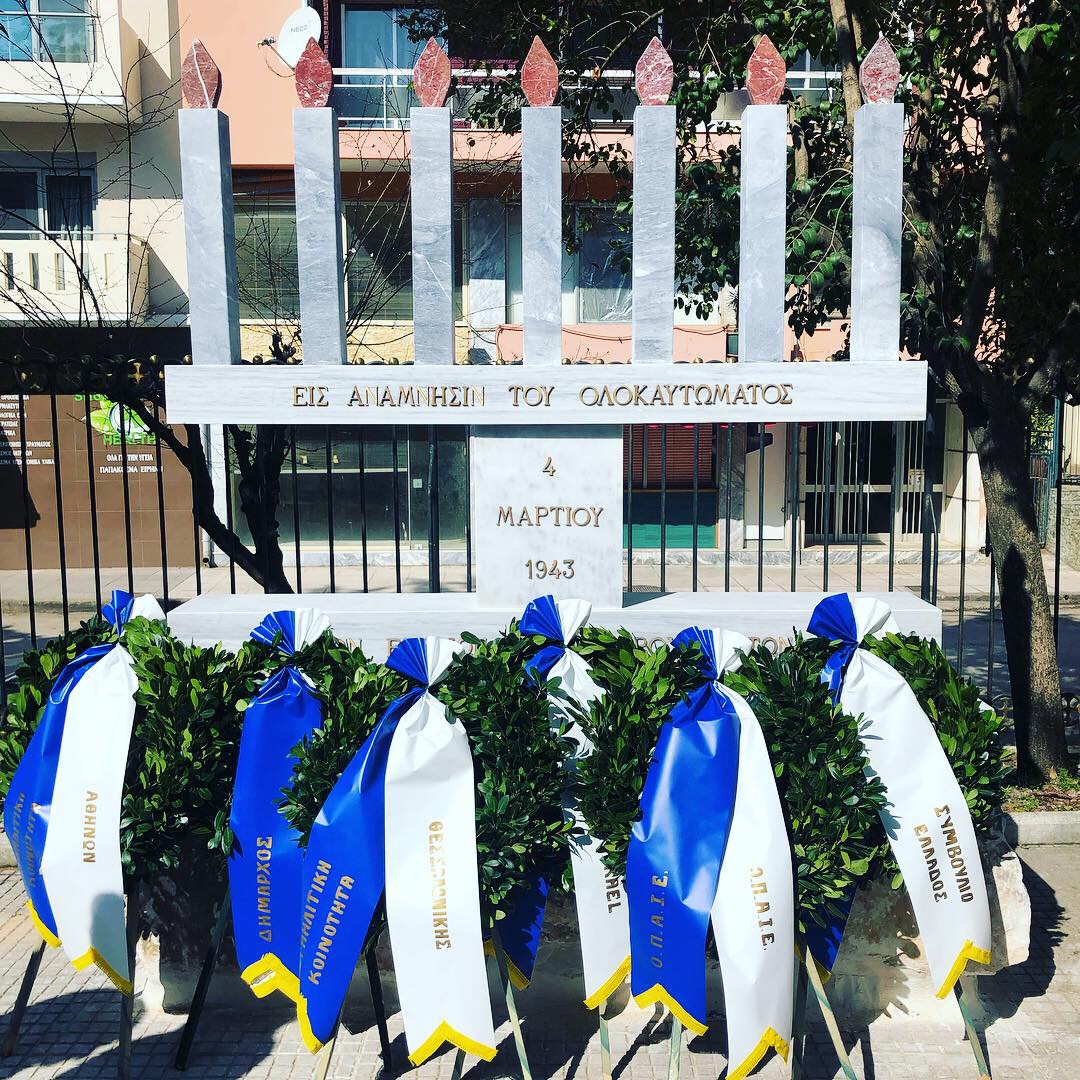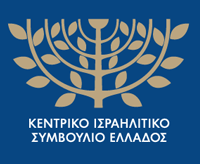ISRAELI COMMUNITY OF ALEXANDROUPOLI
 Alexandroupolis is one of the newest cities in the region. It was founded as Dede-Agats, after 1850, after the creation of the railway line that connected Europe with Anatolia, and it was a hub of this line. Soon, crowds of people began to settle around the railway station, the influx of which increased due to the privileged position of the new town.
Alexandroupolis is one of the newest cities in the region. It was founded as Dede-Agats, after 1850, after the creation of the railway line that connected Europe with Anatolia, and it was a hub of this line. Soon, crowds of people began to settle around the railway station, the influx of which increased due to the privileged position of the new town.People from the different religious groups and ethnicities of the then Ottoman Empire settled in the settlement. That is why the city still has an Armenian church and community, as well as a corresponding Roman Catholic one, unique in the entire region and nowadays declining. It was natural, along with the other groups, for Israelis to settle there, who, as one of the most active elements of the new Greek state, developed remarkable business activity.
A small Jewish Community was thus formed, which after the Asia Minor Catastrophe shrunk. He maintained a Synagogue located on today's Mazaraki Street, in a building which later, after the dissolution of the Community, was used as a Christian Home.
 The members of the Community were engaged in trade (especially in the traditional branches of textiles and glassware) and some worked as silversmiths (saraphids). Among the names of old Alexandroupolis are the Jewish names Reitan, Muis, Matalon, Geron, Hatem, Balul.
The members of the Community were engaged in trade (especially in the traditional branches of textiles and glassware) and some worked as silversmiths (saraphids). Among the names of old Alexandroupolis are the Jewish names Reitan, Muis, Matalon, Geron, Hatem, Balul.At the beginning of the tragic 1940s, the Jews of Alexandroupolis numbered about 150.
The Jews of Alexandroupolis, together with their co-religionists from all areas of Thrace and Eastern Macedonia, were arrested on the evening of March 3, 1943 by the German-Bulgarian Occupation Authorities and sent to the Nazi death camps, where they were exterminated. Only 4 Jews of Alexandroupolis survived the Holocaust.
In 2019, it was placed in the courtyard of the Metropolitan Church of St. Nikolaou Holocaust Memorial for the Jews of Alexandroupoli who were exterminated in the Nazi camps. The Monument was erected with the cooperation of the Diocese of Alexandroupolis and the Municipality.

